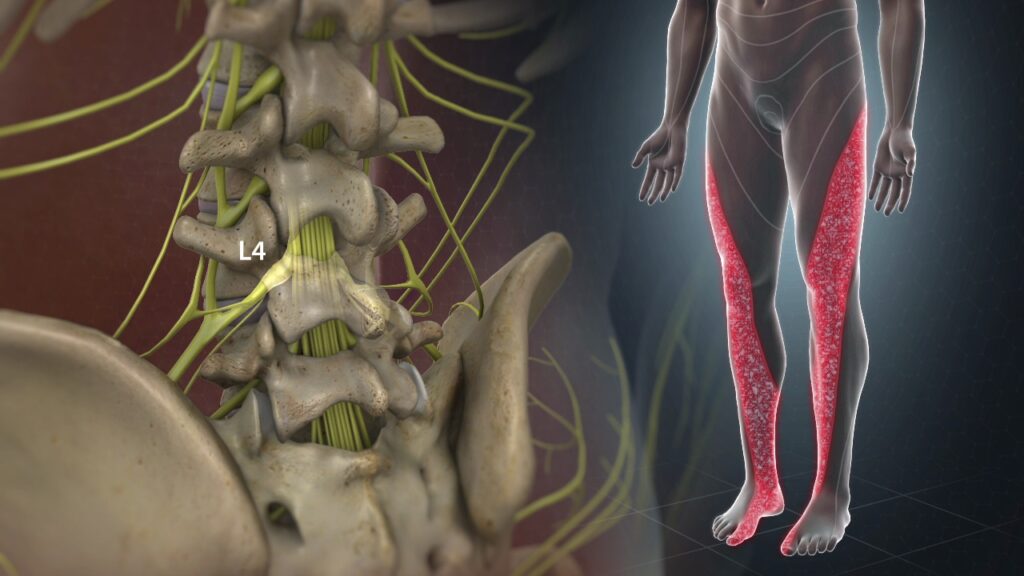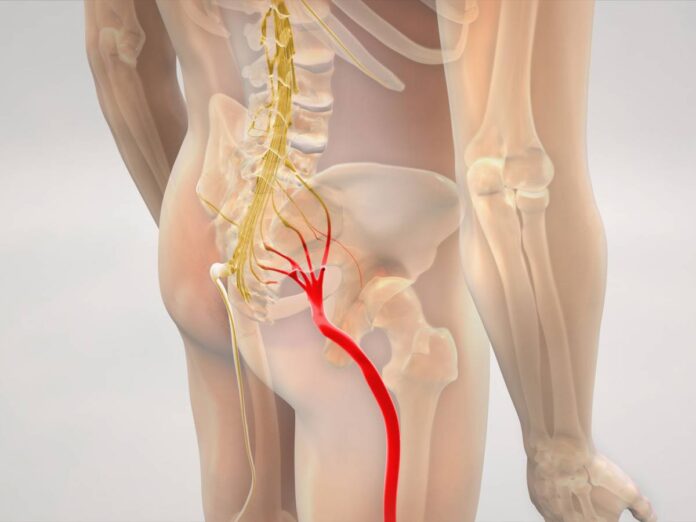Disc replacement surgery is an advanced treatment option for individuals suffering from sciatica caused by degenerative disc disease or herniated discs. This procedure involves the removal of the damaged spinal disc and its replacement with an artificial implant. In this article, we will explore the benefits, risks, success rates, and reviews of disc replacement surgery for sciatica, along with insights on some of the best surgeons in the United States and Europe.
Understanding Sciatica and Its Causes
Sciatica is characterized by pain that radiates along the path of the sciatic nerve, typically caused by compression or irritation of the nerve roots in the lower back. Common causes of sciatica include:
- Herniated Discs: When the inner gel-like substance of a spinal disc bulges out, it can compress the sciatic nerve, leading to pain and discomfort.
- Degenerative Disc Disease: Discs can wear down over time, leading to reduced cushioning and increased pressure on nearby nerves.
- Spinal Stenosis: The narrowing of the spinal canal can contribute to sciatic pain by putting pressure on the nerve roots.
What is Disc Replacement Surgery?

Disc replacement surgery aims to relieve pain and restore function by replacing a damaged spinal disc with an artificial implant. The procedure typically involves the following steps:
- Anesthesia: Patients are placed under general or regional anesthesia.
- Incision: A small incision is made in the lower back to access the affected disc.
- Disc Removal: The damaged disc is carefully removed to relieve pressure on the sciatic nerve.
- Implantation: An artificial disc is inserted in place of the removed disc, designed to mimic natural disc function and movement.
Benefits of Disc Replacement for Sciatica
- Pain Relief: The primary advantage of disc replacement is significant pain reduction. Many patients experience immediate relief from sciatica symptoms following the procedure.
- Preservation of Mobility: Unlike traditional fusion surgery, which can limit movement, disc replacement allows for greater flexibility and natural motion in the spine.
- Shorter Recovery Time: Patients often have a quicker recovery and can return to normal activities sooner compared to fusion surgery.
- Improved Quality of Life: By alleviating pain and restoring mobility, disc replacement can enhance overall quality of life, enabling individuals to engage in activities they enjoy.
Success Rates and Reviews

Recent studies indicate that disc replacement surgery has a high success rate, with many patients reporting significant improvements in pain relief and functionality. According to a review published in the Journal of Neurosurgery, around 80% to 90% of patients experience satisfactory outcomes following disc replacement surgery for sciatica.
Patient reviews often highlight the rapid recovery and the restoration of normal activities. Many individuals who underwent the procedure express gratitude for the significant reduction in pain, stating that it has positively impacted their quality of life.
Risks and Considerations
While disc replacement surgery offers several advantages, it is important to be aware of potential risks and complications:
- Infection: As with any surgical procedure, there is a risk of infection at the incision site.
- Implant Failure: In rare cases, the artificial disc may fail or dislocate, necessitating further intervention.
- Nerve Damage: There is a slight risk of additional nerve injury during the procedure, which could exacerbate symptoms.
- Cost and Insurance Coverage: Disc replacement surgery can be expensive, and not all insurance plans may cover the procedure.
Candidates for Disc Replacement
Not everyone with sciatica is a suitable candidate for disc replacement. Ideal candidates typically include:
- Individuals with severe disc degeneration or herniation causing persistent sciatic pain.
- Patients who have not responded to conservative treatments such as physical therapy, medications, or epidural injections.
- Those without significant spinal instability or other complicating factors.
Recovery Process
After disc replacement surgery, patients will need to follow a structured recovery plan, including:
- Hospital Stay: Most patients stay in the hospital for one to two days post-surgery.
- Physical Therapy: A physical therapy program will be initiated to enhance mobility, strengthen the back, and promote healing.
- Activity Restrictions: Patients are usually advised to avoid heavy lifting and high-impact activities for several weeks.
Best Surgeons for Disc Replacement in the US and Europe

United States
- Dr. Robert A. Haake – Renowned for his expertise in spine surgery, Dr. Haake has a successful track record with disc replacement procedures and is affiliated with top-tier hospitals in California.
- Dr. Michael J. Lee – Based in New York, Dr. Lee specializes in minimally invasive spine surgery and has numerous accolades for his patient outcomes.
- Dr. Christopher L. Matz – With a focus on innovative surgical techniques, Dr. Matz practices in Texas and is recognized for his contributions to spinal surgery research.
Europe
- Professor M. A. D. H. Malhotra – Practicing in London, Professor Malhotra is a leading orthopedic surgeon specializing in complex spine surgeries, including disc replacement.
- Dr. Darius J. R. B. Van Dijk – Based in the Netherlands, Dr. Van Dijk is known for his advanced techniques in spine surgery and has published extensively on disc replacement outcomes.
- Dr. Frédéric G. D. Meunier – A highly regarded surgeon in France, Dr. Meunier has a wealth of experience in treating patients with sciatica through innovative surgical methods.
Long-Term Outcomes

Research indicates that disc replacement can lead to favorable long-term outcomes for sciatica patients. Many studies have shown high satisfaction rates, with patients reporting significant pain relief and improved functional capabilities over time. Regular follow-up appointments and adherence to rehabilitation protocols are essential for optimizing results.
Conclusion
Disc replacement surgery is a promising option for individuals suffering from sciatica due to degenerative disc disease or herniated discs. While it offers several benefits, including pain relief and preserved mobility, it is crucial for patients to consult with their healthcare provider to determine if they are suitable candidates for the procedure. With proper selection and post-operative care, disc replacement can significantly improve the quality of life for those affected by sciatica.


